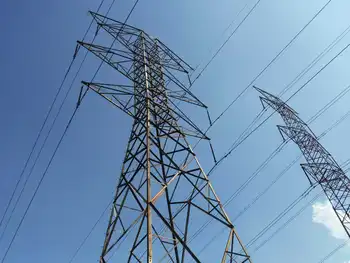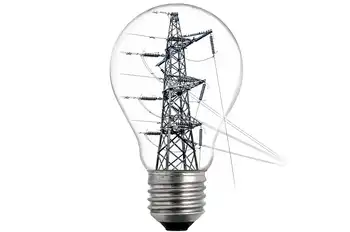Carbon market to thrive despite political failings
BEIJING, CHINA - The global carbon market will still have enough momentum to survive even if the international community fails to come up with a new deal to combat greenhouse gas emissions, a European policy coordinator said.
Jurgen Lefevere told a conference in Beijing the European Union was pushing forward with plans for an international carbon trading platform that could exist independently of any new global climate accord.
Even after the failure of Copenhagen, the EU is moving ahead in building an international carbon market, said Lefevere, the European Commissions policy coordinator for international climate change negotiations.
The next meeting is at Cancun in Mexico and we recognize the negotiations are very difficult, but the EU market is not dependent on what happens internationally, he said, referring to a major UN climate meeting to be held at end2010.
Carbon traders and project developers at the Beijing conference expressed concern that the failure to secure a binding agreement at UNled climate talks in Copenhagen last December was sucking the energy out of the market.
Copenhagen failed to provide any clarity on whether the Kyoto Protocol, the UNs main weapon in the fight against climate change and a key driver of the carbon market, would be extended or absorbed into a broader new treaty.
Kyotos first commitment period for rich nation emission targets expires in 2012.
The protocols Clean Development Mechanism CDM helps industrialized countries meet their mandatory UN emission targets by investing in clean energy projects in developing countries such as China and earn internationally tradeable carbon offsets in return.
Lefevere said the legal infrastructure behind the CDM, which underpins a carbon market worth billions of dollars a year, would continue to exist after 2012, and that it would take positive action from the countries involved to abolish it.
CDM institutions will still be funded after 2012 — the only thing that ends is the targets, he said.
The key issue was demand for carbon credits, but Lefevere was optimistic it would remain intact.
Demand is not driven by international targets but by national targets — and there will be targets in the EU regardless of the international negotiations.
Europe has agreed to cut emissions by 20 percent below 1990 levels by 2020. The EU will also ramp up its emissions trading scheme from 2013 and will continue to allow offsets from CDM projects to be used in the scheme.
Lefevere said Europe was continuing to push for a sectorbased system that would eventually replace the current CDM, which works on a projectbyproject basis.
We want to focus not on the CDM but on evolving a more complex and complete set of mechanisms, he said.
He conceded that the EU had not yet successfully persuaded countries such as China to back their scheme, which Beijing regards as a attempt to impose mandatory cuts by stealth.
Lu Xuedu, the deputy director of Chinas National Climate Center, which is involved in the countrys climate negotiations, said while the country was keeping an eye on alternative solutions such as bilateral emission trading, an international accord would remain the priority.
Our first choice is a multinational framework but if it doesnt work, then we will look for an alternative, he said.
Lu said the negotiations remain intense, and that while Europe was looking toward the United States for a breakthrough, Washington was continuing to look to China.
If there is no deal next year it will be a disaster, and an agreement is crucial whatever form it takes, he said.
Related News

Hydro-Quebec begins talks for $185-billion strategy to wean the province off fossil fuels
MONTREAL - Hydro-Québec is in the preliminary stages of dialogue with various financiers and potential collaborators to strategize the implementation of a $185-billion initiative aimed at transitioning Quebec away from fossil fuel dependency.
As the leading hydroelectric power producer in Canada, Hydro-Québec is set to allocate up to $110 billion by 2035 towards the development of new clean energy facilities, with an additional $50 billion dedicated to enhancing the resilience of its power grid, as revealed in a strategy announced last November. The remainder of the projected expenditure will cover operational costs.
This ambitious initiative has garnered significant interest from the financial…




